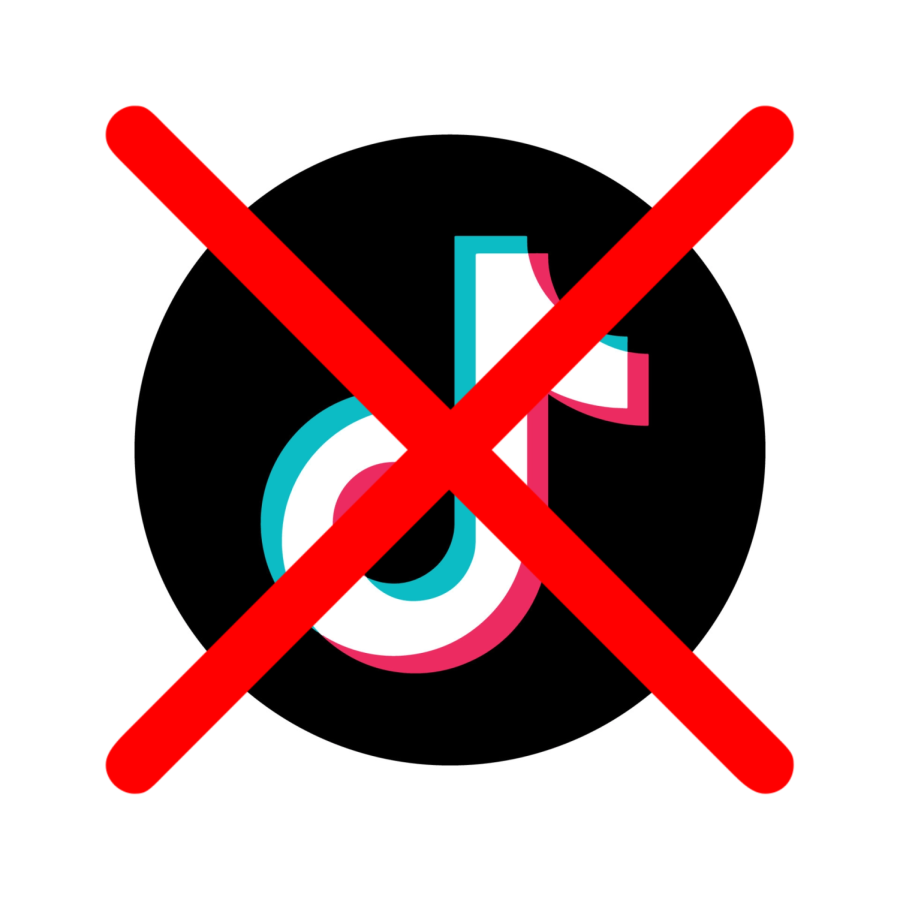The Clock Ticks for TikTok
Swiping, scrolling, dancing. Poway students just can’t get enough of the local and global trends emerging from TikTok.
TikTok has become an unstoppable force in the world of social media, captivating users with its unique blend of short-form videos and addictive content. Despite its remarkable success, the app finds itself under scrutiny in the United States, particularly with U.S officials raising concerns about data privacy and the broader aspect of national security. As TikTok’s success increases and the challenges it faces are becoming very notable in the U.S, this question appears: is the clock ticking for TikTok?
It’s clear TikTok has its benefits, but it’s fairly complicated and hard to fully grasp when it comes to the potential of detrimental effects.
TikTok’s meteoric rise can be primarily attributed to its ability to tap into the climate of the digital age. By offering users a simple and easy to use platform to showcase their creativity, the app has fostered a dynamic and engaging environment. From the early days of viral dance challenges to the countless trends that branch out into multiple entertainment industries.
On the flipside, the app’s association with Chinese parent company ByteDance has raised some red flags for the U.S. government. Central to their concerns is the potential misuse of sensitive data collected from American users. With allegations of data mining and sharing with the Chinese government, the situation has become increasingly controversial.
As a result, the U.S. Government is considering implementing a nationwide ban on TikTok. While such a decision would certainly be a significant blow to the app’s user base and ByteDance’s bottom line, the primary concern remains ensuring the protection of American citizens and their personal information.
The national inquiry into TikTok and its negative consequences is multifaceted however, and criticism against the app isn’t solely based on national security concerns.
On March 20, 2023, TikTok released the statistics that state over 150 million Americans use TikTok on a monthly basis. That is almost half of the population of the entire nation of the United States, The greater concern over social media’s negative effects on young people has enveloped TikTok after its explosion onto the scene in 2020. This combined with the potential threat of national security has clouded TikTok with a suspicious atmosphere, which may culminate in legislative action sooner rather than later.
TikTok’s predicament highlights the delicate balance between fostering innovation and maintaining national security. The app’s resounding success is a testament to the power of creativity and connectivity, but its potential ban underscores the importance of safeguarding user data and addressing domestic concerns, particularly with America’s youth.
Ultimately though, the future of TikTok in the United States remains uncertain. While its impact on popular culture is undeniable, the concerns surrounding data privacy and national security, along with the negative effects on mental health for young kids today loom large. As the clock continues to tick for TikTok, the ultimate fate of the app will depend on its ability to adapt and address these critical issues. Whether it will be sold to an American company, or it will be barred from the U.S entirely, the issue remains up in the air.



